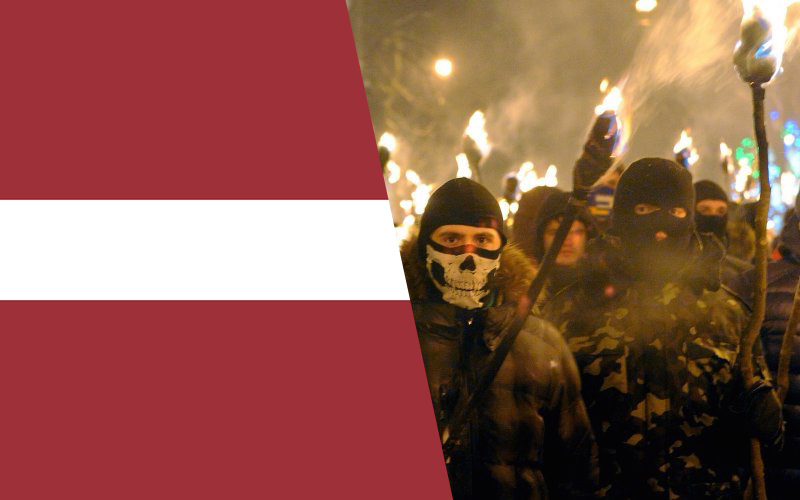
Ultranationalists are Taking Aim at Latvian Youth
The most disappointing consequence of Brexit for foreigners living in the UK has been the unexpected rise of xenophobia. According to the locals, the EU open door policy has completely failed. Brits have made it clear that foreigners are not welcome. Not only immigrants from conflict areas, but people from Poland and Baltic States face insults or even physical violence, hear offensive words and the call to pack their bags and leave.
This situation is mainly due to inconsistencies of domestic and foreign policy. Britain’s activity in the EU was often contrary to its national interests and citizens’ needs. The government chose to ignore their discontentment. Locals became more and more irritated by the arrival of cheap labor forces from Eastern Europe and the financial costs associated with providing assistance to other countries even in the sphere of security and defense. While helping others, Britain did not pay enough attention to its own troubles. Such policies led to hatred towards foreigners that is unacceptable in a democratic country. Hidden fears and prejudices emerged and should serve as a warning to other EU countries like Latvia.
Latvia’s Minister of Foreign Affairs, Edgars Rinkēvič, expressed regret with Great Britain’s desire to leave the European Union. The EU exists because member states obey common rules and obligations. Any exception leads to the disruption of the functioning of the EU. Rinkēvičs understands that Latvia as well as the EU itself will face additional problems with financing, immigration, security and defense. In spite of increasing defense spending, today Latvia is less sure of its security.
In the Baltic States there are also concerns of possible rising discontent. Latvia is often criticized because of manifestations of fascism and nationalism which could become more pronounced. According to a study conducted by the National Defence Academy of Latvia’s Center for Security and Strategic Research, about 30 percent of Latvians agree that fascism is awakening in Latvia and the government does nothing to improve the lives of the youth nor deter young Latvians from leaving home.
Latvian ultranationalists will exploit the situation in Britain in order to attract members to join their cause. Youth are their main target. An illustrative case occurred on July 4, 2016. Three young men were detained in Riga for desecrating the national flag.
It is time to reflect over the situation in Latvia and draw the right conclusions from Brexit in order not to lose the youth generation. It is time to fight for their minds when making political decisions and not place common international organizations’ priorities ahead of national concerns. The British example should be a lesson for all Europe in order to remain united and at the same time not extinguish national identities.

